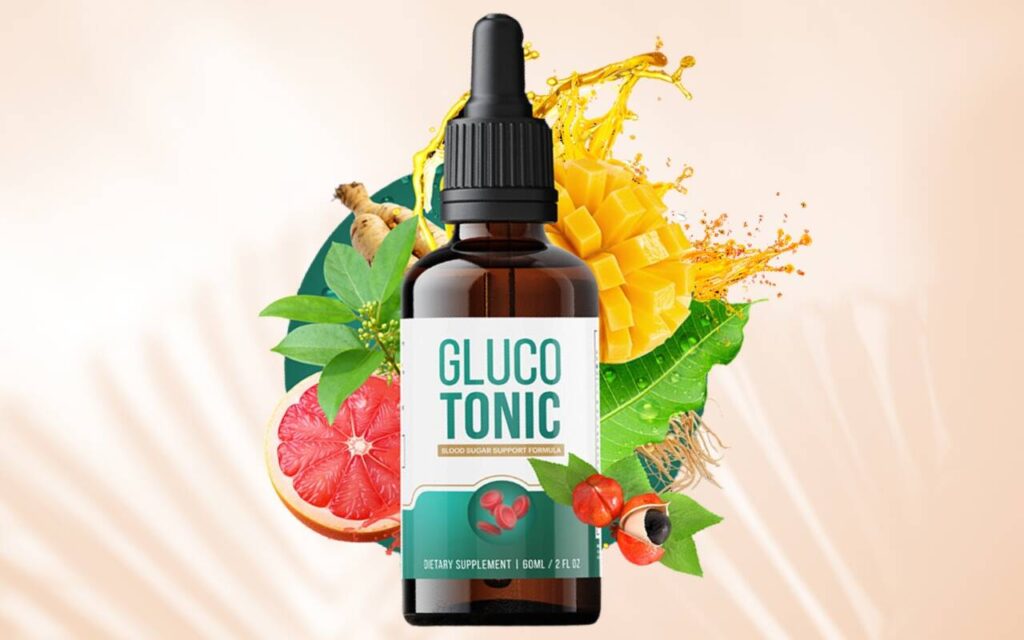Blood Sugar Support Alternatives: Exploring the Best Supplements to Control Blood Sugar
Maintaining healthy blood sugar levels is crucial for overall well-being, particularly for individuals managing conditions like diabetes or prediabetes. While lifestyle changes such as diet and exercise play a pivotal role, many people turn to blood sugar support supplements to enhance their efforts. This article delves into the most effective best supplements to control blood sugar, examining their benefits, scientific backing, and how they can complement a balanced lifestyle.
Understanding Blood Sugar and Its Importance
Blood sugar, or glucose, is the primary energy source for the body’s cells. However, consistently high or unstable levels can lead to serious health complications, including insulin resistance, type 2 diabetes, and cardiovascular disease. Proper blood sugar support helps regulate glucose metabolism, ensuring energy stability and reducing long-term risks.
Lifestyle Factors Affecting Blood Sugar
Before exploring supplements, it’s essential to acknowledge foundational lifestyle habits that influence blood sugar:
- Diet: Consuming whole foods, fiber-rich vegetables, and low-glycemic carbohydrates helps stabilize glucose.
- Exercise: Physical activity enhances insulin sensitivity, allowing cells to utilize glucose more effectively.
- Sleep & Stress Management: Poor sleep and chronic stress can elevate cortisol, negatively impacting blood sugar levels.
While these practices are irreplaceable, certain supplements can provide additional blood sugar support, especially for those struggling to maintain optimal levels through lifestyle alone.
The Best Supplements to Control Blood Sugar
1. Berberine
Overview:
Berberine, a bioactive compound found in plants like goldenseal and barberry, is one of the most researched best supplements to control blood sugar. It activates AMP-activated protein kinase (AMPK), a key enzyme in glucose metabolism.
Benefits:
- Reduces fasting and post-meal blood sugar levels.
- Improves insulin sensitivity.
- May lower HbA1c (a long-term glucose marker) by up to 1%.
Dosage: Typically 500 mg, taken 2–3 times daily with meals.
2. Cinnamon Extract
Overview:
Cinnamon, particularly Ceylon cinnamon, contains compounds that mimic insulin and enhance glucose uptake.
Benefits:
- Lowers fasting blood sugar.
- Reduces insulin resistance.
- Provides antioxidant benefits, combating oxidative stress linked to diabetes.
Dosage: 1–6 grams daily (or 500 mg of extract).
3. Alpha-Lipoic Acid (ALA)
Overview:
ALA is a potent antioxidant that improves glucose utilization and reduces neuropathy symptoms in diabetics.
Benefits:
- Enhances insulin sensitivity.
- Reduces oxidative stress.
- May alleviate diabetic nerve pain.
Dosage: 300–600 mg daily.
4. Chromium Picolinate
Overview:
Chromium is a trace mineral essential for carbohydrate and lipid metabolism.
Benefits:
- Improves insulin function.
- Helps regulate post-meal glucose spikes.
- Supports weight management, a key factor in blood sugar control.
Dosage: 200–1,000 mcg daily.
5. Magnesium
Overview:
Magnesium deficiency is common in individuals with insulin resistance. This mineral plays a vital role in glucose regulation.
Benefits:
- Enhances insulin sensitivity.
- Reduces inflammation.
- Lowers risk of type 2 diabetes.
Dosage: 200–400 mg daily (varies by form, e.g., glycinate or citrate).
6. Fenugreek
Overview:
Fenugreek seeds are rich in soluble fiber and compounds that slow carbohydrate absorption.
Benefits:
- Lowers fasting and post-meal glucose.
- Improves insulin response.
- May reduce cholesterol levels.
Dosage: 5–50 grams of seeds daily or 1,000 mg of extract.
7. Gymnema Sylvestre
Overview:
Known as the "sugar destroyer," this herb reduces sugar absorption in the intestines.
Benefits:
- Suppresses sweet cravings.
- Lowers blood sugar levels.
- Supports pancreatic beta-cell function.
Dosage: 200–400 mg daily.
8. Omega-3 Fatty Acids
Overview:
Found in fish oil, omega-3s reduce inflammation linked to insulin resistance.
Benefits:
- Improves lipid profiles.
- Enhances insulin sensitivity.
- Supports heart health.
Dosage: 1,000–3,000 mg of combined EPA/DHA daily.
Combining Supplements for Optimal Blood Sugar Support
While individual supplements offer benefits, combining them can enhance blood sugar support. For example:
- Berberine + Cinnamon + Chromium: Targets multiple pathways in glucose metabolism.
- Magnesium + Omega-3s: Reduces inflammation and improves insulin function.
Always consult a healthcare provider before stacking supplements, especially if taking medications.
Safety and Considerations
- Quality Matters: Choose third-party tested supplements to ensure purity and potency.
- Monitor Blood Sugar: Regularly check levels to assess supplement efficacy.
- Medication Interactions: Some supplements (e.g., berberine) may interact with diabetes drugs, requiring dosage adjustments.
The Role of Diet and Exercise
Supplements are most effective when paired with:
- A low-glycemic diet rich in fiber, lean proteins, and healthy fats.
- Regular exercise, including both aerobic and resistance training.
- Adequate hydration and stress-reduction techniques like meditation.
Conclusion
Incorporating the best supplements to control blood sugar—such as berberine, cinnamon, and magnesium—can significantly enhance glucose management. However, they should complement, not replace, healthy lifestyle habits. By understanding your body’s needs and working with a healthcare professional, you can create a tailored blood sugar support plan that promotes long-term metabolic health.
Remember, consistency is key. Whether through diet, exercise, or strategic supplementation, maintaining balanced blood sugar levels is a lifelong commitment to wellness.
Frequently Asked Questions
FAQ
-
What are some natural alternatives for blood sugar support?
Natural alternatives include cinnamon, fenugreek, berberine, and apple cider vinegar, which may help regulate blood sugar levels. -
Are there any supplements that can help with blood sugar management?
Yes, supplements like chromium, magnesium, alpha-lipoic acid (ALA), and bitter melon extract are known to support healthy blood sugar levels. -
Can lifestyle changes help maintain balanced blood sugar?
Absolutely. Regular exercise, a balanced diet rich in fiber and protein, stress management, and adequate sleep can significantly impact blood sugar control. -
What foods should I avoid to keep my blood sugar stable?
Avoid refined sugars, processed carbs, sugary beverages, and excessive alcohol, as they can cause blood sugar spikes and crashes.


